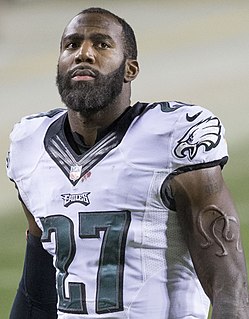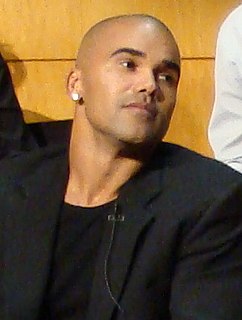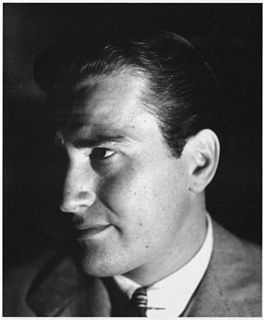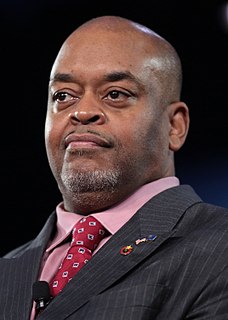A Quote by Raquel Cassidy
I went to see 'Men In Black 2.' It was just a commodity, just money being shifted.
Related Quotes
So you can see what is happening in the New Testament. Worship is being significantly deinstitutionalized, delocalized, de-externalized. The whole thrust is being taken off of ceremony and seasons and places and forms and is being shifted to what is happening in the heart - not just on Sunday but every day and all the time in all of life.
Money is misunderstood. The fact is if you want to be successful - the money will follow you. If you are a doctor, something else will follow you. If you are successful, there is an accompaniment. If your goal is just to make money, you won't succeed. Money is a commodity to use, not to be dictated by.
Money is misunderstood. The fact is if you want to be successful - the money will follow you. If you are a doctor, something else will follow you. If you are successful there is an accompaniment. If your goal is just to make money you won't succeed. Money is a commodity to use, not to be dictated by.
Labor, being itself a commodity, is measured as such by the labor time needed to produce the labor-commodity. And what is needed to produce this labor-commodity? Just enough labor time to produce the objects indispensable to the constant maintenance of labor, that is, to keep the worker alive and in a condition to propagate his race. The natural price of labor is no other than the wage minimum.
The street is as diverse as any other sector, but in peoples' mind it gets appropriated as a black man who's tough. Trying to make it through by staying hard and phallocentric. To me, that is just an impoverished conception of what it is to be a black male. It doesn't do justice to my grandfather, my father, my brother - or just the black men I grew up with.
I truly believe slavery is why, as a by-product, we still have a disproportionate amount of black men incarcerated in America. It is an extension of that legacy, and that's not going to start to diminish until black people have a new sense of themselves that isn't tied to slavery and feeling inferior. I think the church can be instrumental in that, in terms of repentance, reconciliation and just being more embracing of each other - not just on Sunday, but in life generally.
I truly believe slavery is why, as a by-product, we still have a disproportionate amount of black men incarcerated in the USA. It is an extension of that legacy, and that's not going to start to diminish until black people have a new sense of themselves that isn't tied to slavery and feeling inferior. I think the church can be instrumental in that, in terms of repentance, reconciliation and just being more embracing of each other - not just on Sunday, but in life generally.


































